The coronavirus pandemic has disrupted life as we know it at a scale that escapes recent memory. When it comes to the daily operations of your nonprofit, COVID-19 has unquestionably had an adverse impact. With so many pressing changes, compliance responsibilities may be far from front-of-mind. The reality is that these obligations continue, even in the midst of a global pandemic. Fortunately, many federal and state agencies have taken steps to ease the reporting burden on nonprofit organizations.
IRS Extends Form 990 Deadline to July 15, 2020
The biggest recent news in response to COVID-19 comes from the Internal Revenue Service. Per Notice 2020-23, the deadline for the following forms has been extended until July 15, 2020:
- Form 990
- Form 990-EZ
- Form 990-PF
- Form 990-BL
- Form 990-T
This extension currently applies only to organizations with original filing deadlines falling between April 1, 2020 and July 14, 2020. However, a majority of organizations have tax years ending in June or December. As a result, if you face a May 15th reporting deadline, you likely benefit from this relief.
As the COVID-19 situation evolves, the IRS maintains an ongoing list of forms, payments, and deadlines that qualify. Nonprofits, particularly those with additional federal reporting requirements beyond Form 990, would be wise to reference this page often.
Impact of Federal Extension on State Charitable Registration Deadlines
While the IRS has provided relatively clear, straightforward relief, state charity officials have not. Because of diverse existing statutory requirements and administrative procedures, the state-level response to COVID-19 has been nothing short of a patchwork.
In many states, charity registration and reporting deadlines tie directly to the availability of Form 990. Without that most recent return, organizations are normally required to file extensions manually or risk late fees and other penalties.
Some states have followed the IRS’s response to COVID-19, granting registered charitable organizations extra time to file. California, for example, ordinarily requires Form RRF-1 to be filed 4 months and 15 days after the close of the organization’s tax year. As a matter of regular procedure, the Attorney General’s Office grants organizations an additional 180 days if the organization files Form 8868 to extend with the IRS. When we reached out to the Registry of Charitable Trusts in light of COVID-19, we received the below response:
“The Registry of Charitable Trusts does honor ALL IRS extensions. The new due date to file with the IRS will become the due date to file with the Registry. The Registry status will remain current unless the filing has not been received by the final IRS due date.”
In other words, California has issued a ton of extra time to file! However, that is not the case everywhere.
Many states do not have charitable solicitation reporting due dates that directly match the Form 990 deadline. As a result, organizations cannot count on the same sort of “automatic” relief. Florida, for instance, requires organizations to renew their registrations by the anniversary date of the original registration. So, if your organization registered last year on June 13, 2019, your due date will be June 13, 2020. Even in light of COVID-19, this schedule stands. Per a representative of the Florida Department of Agriculture and Consumer Affairs:
“It does not affect the renewal application because the charity already has the opportunity to request the 180-day extension for the financials.”
While requesting this extension is a valid option for nonprofits whose Form 990 isn’t complete before Florida’s deadline, it still requires action on your part to maintain good standing. In this scenario, by the way, don’t forget that you have to send a copy of your Form 990 to the FDACS later.
While California and Florida have issued relatively definite instructions, other states are monitoring the situation and issuing rolling updates. Ohio, for instance, follows the same reporting schedule as California. However, they announced relief to organizations with a June 30, 2019 tax year-end several weeks after they granted relief to May 31, 2019 filers.
In Maryland, Governor Lawrence J. Hogan declared a state of emergency in March. Annual charitable reporting and registration deadlines are extended until 30 days after the state of emergency has been lifted, which creates a moving target. In Tennessee, the legislature is in recess until June 2020. As a result, December tax year organizations can request extensions according to standard procedure, but June tax year filers currently have no recourse for additional time.
In summary, organizations that register and report annually to solicit should be aware of how their deadlines are impacted. For a full list of current state directives, visit this blog post.
Strategies for Complying
Organizations that on their own register with state charity officials should already be accustomed to dealing with a variety of independent and complex requirements. Whether you register in one state or in all forty-one, your organization is responsible for reviewing and following the guidance of each agency. While some states have hinted that they will be lenient in assessing late fees, each state still has the authority to enforce penalties on late filers. If there is any silver lining, state due dates will not fall any sooner than you originally planned. At worst, you will have to file by the original deadline.
Organizations that outsource the management of their state registrations can relax a bit more. Most service providers file extensions for their client organizations, and more importantly, are in regular contact with state agencies. This outsourcing model minimizes the amount of research and time your organization needs to spend fretting over state charitable extensions.
In all cases, if it is safe to do so, a proactive approach is key. While some states are recognizing the federal extension at this time, others are not. By working with a qualified firm to complete Form 990 and required financial statements along the original timetable, your organization can avoid the last-minute stressors of collecting information and signing documents. You will also beat the inevitable backlog of registration applications that get submitted to state agencies.
In light of COVID-19, government agencies that are responsible for regulating nonprofit solicitation activity are now charged with promoting public health. The IRS and many states have struck a balance between consumer protection and a display of empathy and common sense. However, organizations are still required to understand the impact that COVID-19 has on its internal procedures and reporting requirements to external stakeholders. By doing so, nonprofit leadership can demonstrate poise and calm in a time of unprecedented crisis.
Harbor Compliance does not provide tax, financial, or legal advice. Use of our services does not create an attorney-client relationship. Harbor Compliance is not acting as your attorney and does not review information you provide to us for legal accuracy or sufficiency.
 James Gilmer is a Compliance Specialist at Harbor Compliance, a leading provider of compliance solutions for companies of all types and sizes. Founded by a team of government licensing specialists and technology trailblazers, Harbor Compliance has helped more than 25,000 organizations apply for, secure, and maintain licensing across all industries. James is passionate about helping nonprofit organizations leverage compliance to enhance their fundraising and program activities and educating the sector on compliance issues. James is also a Co-Founder of Berks Sinfonietta, Inc., a nonprofit chamber orchestra located in Reading, Pennsylvania.
James Gilmer is a Compliance Specialist at Harbor Compliance, a leading provider of compliance solutions for companies of all types and sizes. Founded by a team of government licensing specialists and technology trailblazers, Harbor Compliance has helped more than 25,000 organizations apply for, secure, and maintain licensing across all industries. James is passionate about helping nonprofit organizations leverage compliance to enhance their fundraising and program activities and educating the sector on compliance issues. James is also a Co-Founder of Berks Sinfonietta, Inc., a nonprofit chamber orchestra located in Reading, Pennsylvania.
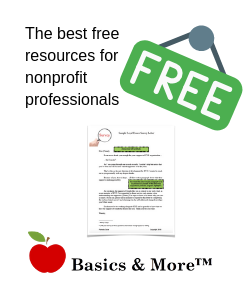

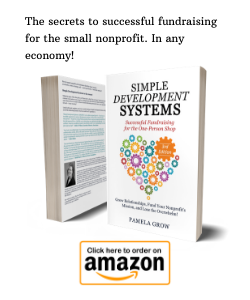
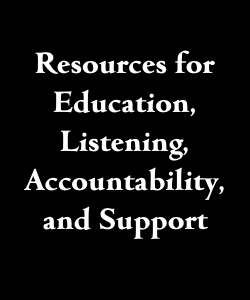



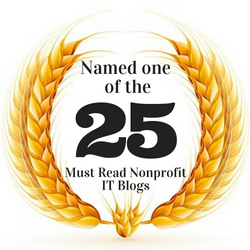



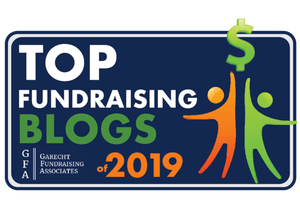
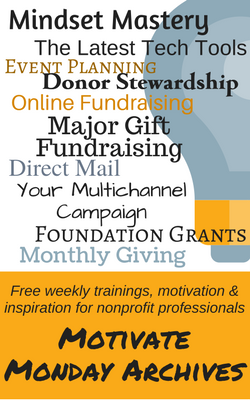

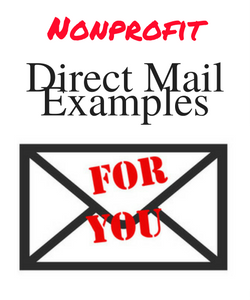
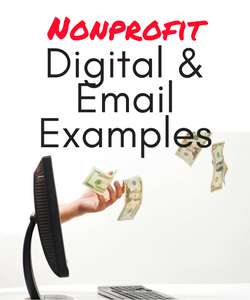

 I can’t wait to meet with you personally.
I can’t wait to meet with you personally.
Comments on this entry are closed.